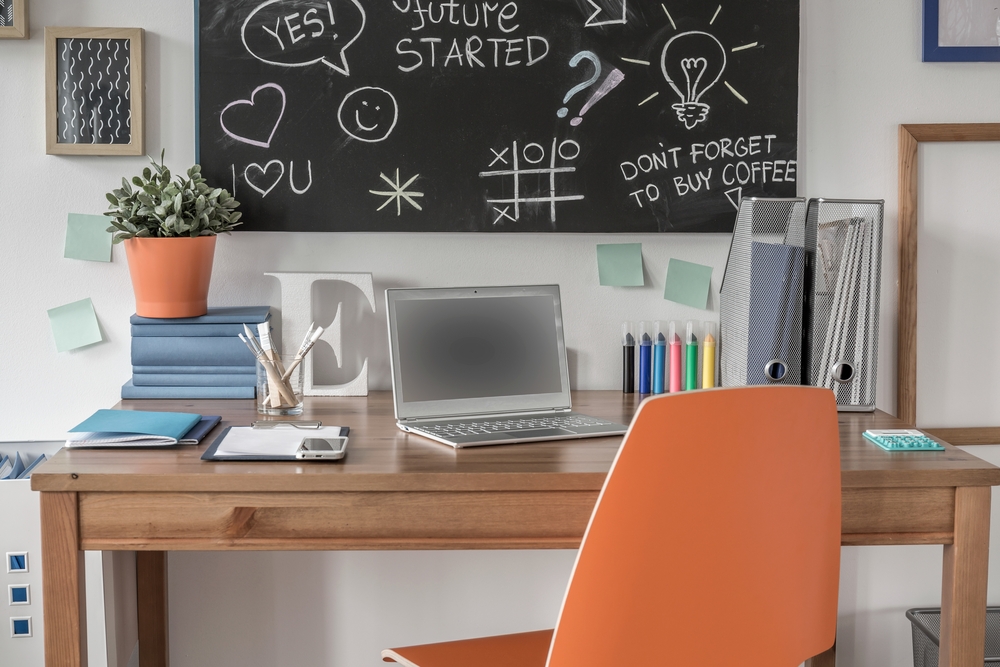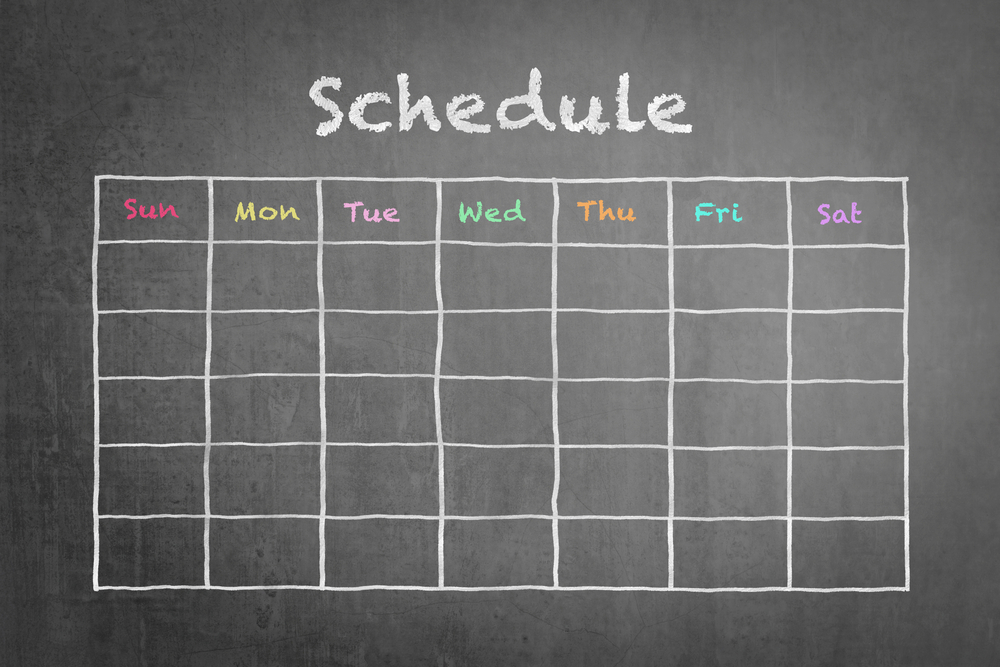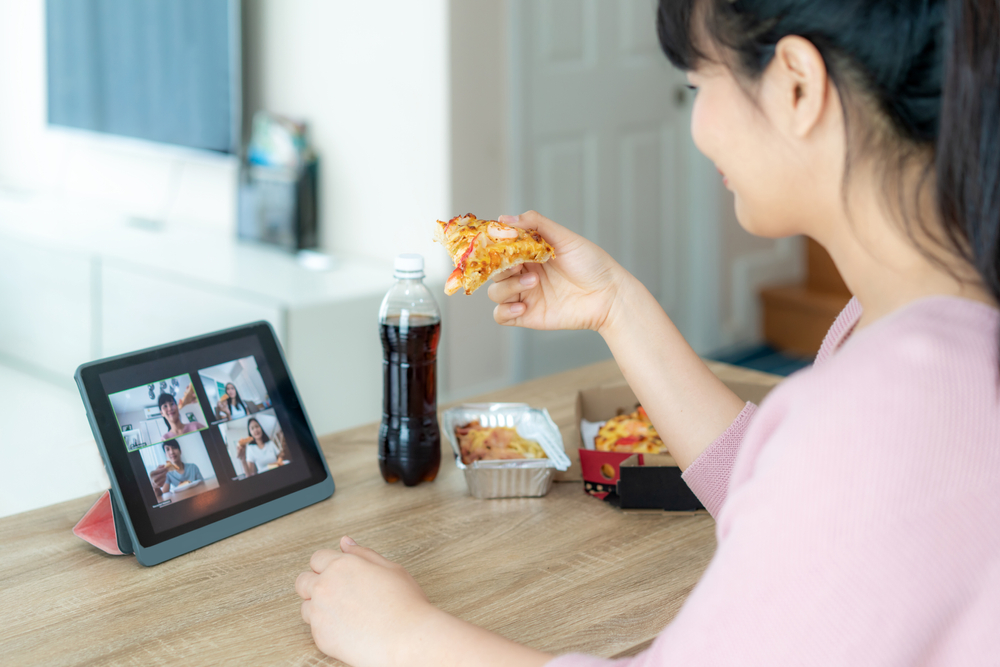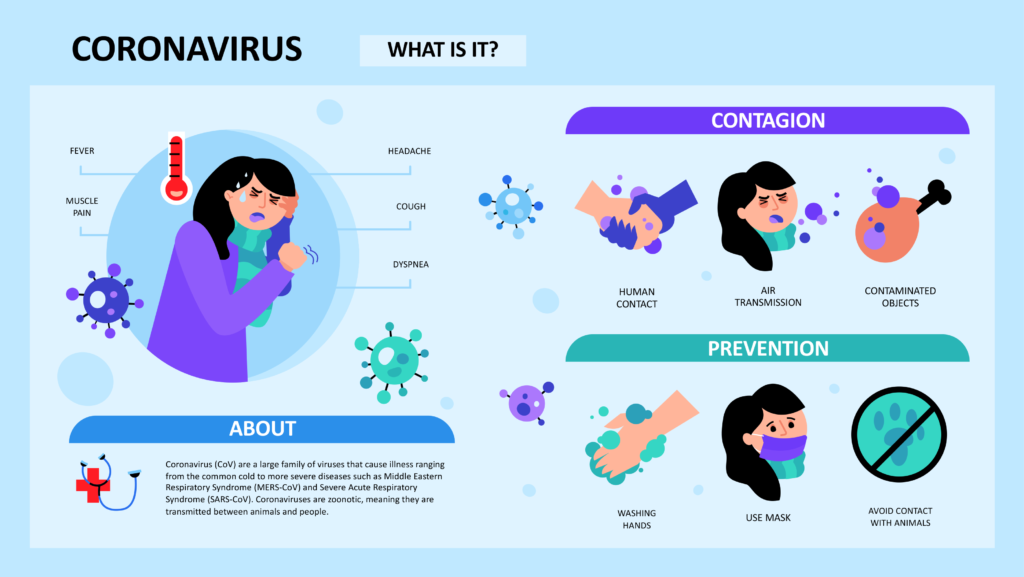COVID-19 is certainly making an impact on the entire world right now. Just weeks ago, the outbreak was declared a pandemic by the World Health Organization. Masks are being worn in public, people are hoarding toilet paper and pasta sauce. Life as we know it has changed.
Your student life may have been affected in ways that you never prepared for. Schools across the US are closing, including universities. So what are you supposed to do when you can’t apply yourself to your education the way you expected to?
It looks like 2020 may be the year where organisations begin to embrace the work from home mentality. Workers are being asked to stay away from work where possible, enacting a self isolation and social distancing protocol that has never been seen before. However, this can be challenging for students of STEM courses. Let’s talk about why these protocols are of extreme importance in order to protect our most vulnerable members of society.
Who is At Risk?
For most healthy people, COVID-19 poses no risk. However, this does not reduce your responsibility in protecting others. The CDC states that people over 60 years of age and those with health concerns, such as lung disease, heart disease or diabetes, are of high risk of severe illness if exposed to the virus. The virus has a high community spread which means that any person or surface you come in contact with can easily act as a means of transmission.
While you may be young and healthy, more able to recover from COVID-19 than the more vulnerable people in our community, it is crucial that you abide by the social distancing rules that are being enforced throughout society. Even if you have no symptoms and seem otherwise healthy, you may still be carrying the disease. You have to do your part.
What Can You Do to Help Others?
It is essential that you do your part to help to prevent the spread of COVID-19. There are a number of things you can do to reduce the risk to yourself and those around you during these times. Be alert for any signs or symptoms that you may have been in contact with the virus. Keep your hands clean and avoid touching things in public spaces. Only leave the house for essential reasons, such as picking up groceries or medications, and use the tap feature on your debit or credit card when you need to make a purchase. When you do leave the house, stay more than 6 feet away from those around you.
What Can You Do to Help Yourself?
As a society, flattening the curve is our top priority. As a student, you must be vigilant about maintaining your study schedule so that your education doesn’t suffer. Your instructors and fellow students alike are all facing dramatic changes in how your classes are run.
You have more than likely transitioned to online classes already. As the Spring term comes to a close, you have a few months of downtime before the new school year begins. If you are enrolled in Summer classes, you are likely scheduled for online delivery. These measures may be difficult to deal with, but they are in your best interest.
Learning online is a challenging skill to master. For one, you may not have the appropriate space to effectively work from home. You might have more free time in your day now that you don’t have to commute, and this can lead to the development of bad habits.
Create a Study Space

I am a big fan of working on my laptop from the couch while the TV is on. I can get a lot of work done this way, but what it leads to is the lack of separation between work space and relaxing space. I’ve noticed a big loss of productivity purely because I lost the ability to tell the difference between the work day and my resting time.
I have now created a home office in my guest bedroom. I “go to work” each morning, away from distractions, then “go home” in the evening where I can stop thinking about work. This method is highly effective. If you don’t have a spare room, you can still dedicate a space to your work. A colleague of mine set up a partition in her studio apartment to separate these spaces. Experiment with different setups until you find something that works for you.
Maintain Your Study Schedule

Once you are able to create a separate space for yourself to study, it is essential that you commit to your study schedule. Even though you are no longer traveling to your campus to take your classes, you should act like you are, or at least, like you are not at home.
Falling behind on your studies is not an option. COVID-19 is no excuse to let your grades suffer. Working less may be tempting when you are stuck at home, so you need to stay vigilant and maintain your ethic.
Set up blocks of study time and make a plan that clearly outlines your goals for each session. Make sure you include breaks so that you don’t exhaust yourself. At the end of each week, you can go back to your plan and see how well you did. Or, you may notice areas that you need to work on.
Check In With your Friends

The lack of social activity is one of the worst parts of isolation. It is easy to feel cut off from everyone else. You are not the only person experiencing this, and there is no shame in feeling some depression during this time.
While you can’t go for a coffee with your friends like you normally would, you should still endeavour to stay in frequent contact. Setting up a weekly group call with your study group helps immensely in keeping you in good spirits. Zoom is an amazing resource for scheduling study meetings or even social get-togethers.
It is highly important that you take care of your mental health during these strange days. Help yourself as well as your friends by staying in contact.
Go for a Walk
Most states and provinces in North America, and indeed the rest of the world, have social distancing and self-isolation measures in place. However, this does not mean that you have to stay cooped up at home 24 hours a day. You are not breaking any rules by leaving the house for a short period of time, as long as you remain away from other people.
When you are feeling like your methods aren’t working and that you productivity is falling, going for a walk can help you to reset. There is a huge “we’re all in this together” sentiment in our communities right now. You’ll encounter friendly people and smiling faces on your walk. This helps with both your physical and mental health.
This is our New Normal
The world is changing. We have seen first hand how quickly and easily our society can be devastated. This new normal will be in place until at least summer, but we can expect lasting consequences on the way we live our lives. We cannot wait until this is all over and expect things to go back to normal. Our lives have changed, and we must adapt. This article lists a few things you can do to overcome the challenges that COVID-19 has presented. Together, we can get through this.








